“Watchfulness brings liberty. Liberty brings greater freedom. The price for freedom is eternal vigilance. If you put off being watchful until tomorrow, you put off your freedom until tomorrow. Being spiritual is really a very down-to-earth, practical approach to living. It’s not illusion and wishful thinking and superstition.” – John-Roger
This article by John-Roger was first published in The Movement Newspaper, March 1980.
The qualities of compassion, understanding and empathy are all positive in their nature. The quality of sympathy can lead you into difficulty. Let me explain: If you were out somewhere and saw someone who had fallen on the floor or on the street, you’d probably go over to see what was wrong with them. In looking at them, you might discern the smell of alcohol and surmise that they were drunk and had passed out. Now, if you try to talk to them, they can’t hear you because they are unconscious. So you can understand that they are drunk, that they are incapacitated, that they are down and out. So how are you going to help them?
If you get down on your stomach to talk to them, you’re on the same level they are. If you shake them to wake them up, they might throw up in your face; and then other people will have difficulty telling which one of you is the drunk. So you might decide to pick them up. Have you ever tried to pick up a drunk? You’ve probably picked up a baby who’s sleeping and the body is very relaxed and limp, and they sort of “slide all over the place.” Well, drunk people are heavier and older, but the idea’s the same. If you try to pick one up, you’ll probably end up falling down yourself. You might hurt your back or strain some muscles, let alone damage your pride.
As an alternative method for assisting them, you might point out a nearby wall or post and tell them they can use that to help themselves up. Maybe they’re so drunk, they can’t do that. Do you attempt to pull them up? Or do you recognize that they’re too heavy for you and you can’t assist in that way? Perhaps you can put your coat over them to keep them warm. That’s compassion.
Perhaps you can get help from others and together you can get them home, where they can get a good night’s rest. That’s empathy; you’d like to be taken home. And in the morning, the drunk will be sober. And the sober one is a very different type, of person from the drunk one.
When you are tempted to judge someone for the behavior they are currently demonstrating, you might want to consider a few things. You might want to remember that you do not know all the facts by looking at one aspect of a situation. You see a drunk. Perhaps that is the first time that person has been drunk in all their lives. Who are you to label them an alcoholic or a no-good drunkard? Often the best approach is just to observe what is so in the moment and respond in compassion, understanding and empathy. And leave “labeling”, “pigeonholing, and judging out of it altogether.
There is an old story about a drunk who gets on the bus and sees a lady on the bus who was very far from pretty. She sees the drunk and says to her friend, “Look at that man; he’s a dirty, no-good drunkard. He hears her, turns to her, and says, “Lady, you’re ugly.” She said, “And you’re a drunk.” He said, “Lady. You’re ugly.” She said, “But you’re a drunken mess! ” He said, “That may be true, but in the morning, I’ll be sober.”
Sometimes the “ugliness” that you berate another person for is the same “ugliness” that is in you; it’s just that perhaps the forms are a little different. We see ugliness in the other guy because there is ugliness in us. If there wasn’t, we would never see it in another. We want to see them ugly so it will match us, and misery loves company. And when we can see and attack the ugliness in them, we feel more justified in not moving from our own blocks and developing a clearer, more responsible consciousness.
At some point in our evolution (spiritual, moral, financial, etc.) we must become more responsible, conscious, directed HUman beings. We must consciously take direction and control of our lives. We must consciously watch what we put in our mouths; we must consciously monitor the words that come out of our mouths. We must consciously watch what we think about and the energy that we put into our thoughts. We must watch the things that we allow to cycle and re-cycle through our minds.
Watchfulness brings liberty. Liberty brings greater freedom. The price for freedom is eternal vigilance. If you put off being watchful until tomorrow, you put off your freedom until tomorrow.
Being spiritual is really a very down-to-earth, practical approach to living. It’s not illusion and wishful thinking and superstition. Let me put it this way: if you’re a little late some day for work and consider driving about 75 or 80 mph to make up for lost time–and you say, “Lord, I know the speed, limit is 55, and if I’m going to get a ticket by driving too fast, don’t let me do it; but if I’m NOT going to get a ticket, let me drive 75”–and then you romp on the gas and fly along at 75–that’s being foolish, not spiritual. There is little that is spiritual in that action. If you think the Lord is going to come in on that level, when you KNOW the speed limit, and knock your foot off the accelerator, think again. That’s your action; that’s you putting your anxieties and your desires into motion, and the Lord will not interfere.
Perhaps, when the highway patrol pulls you over, you might consider that that is the Lord telling you to slow down. God can exist in the highway patrol, too. A lot of people do this type of action all the time and call it spiritual. They say, “Just give me a sign, Lord, so I’ll know what to do.” They say, “Look, I don’t want to make a mistake, but I really want to do this particular thing. So if it’s not okay, give me a sign and let me know.” You don’t get the sign, so you go ahead. That’s foolish.
Take a look at the thing you would like to do, the thing you would like to be involved in and, instead of asking for a sign, ask yourself some practical questions. Ask yourself, “Will this hurt, another human being?” “Is this action 100 percent honest?” And don’t qualify that one. Ask, “Am I deceiving myself or anyone else with this action?” “Am I being loving in this action?” If you come up “clear” with all your answers, you’re probably in pretty good territory.
Every moment of your life is spiritual. There is no moment that exists outside of your spirituality. You can’t reserve your spirituality for certain times and places and relationships. It’s all one thing and it exists at every moment. If you want health, wealth and happiness in this life, there are a couple of very simple guidelines that you might want to apply to your life. One is “Don’t hurt yourself and don’t hurt others.” Another is: “Take care of yourself and take care of others.” And a third might be: “Do everything with love.” You’ll find your life opening up so much to Spirit and you will be so filled with the loving that is of God–and you will know the tremendous joy that comes with knowing your Oneness with the Lord.
Baruch Bashan







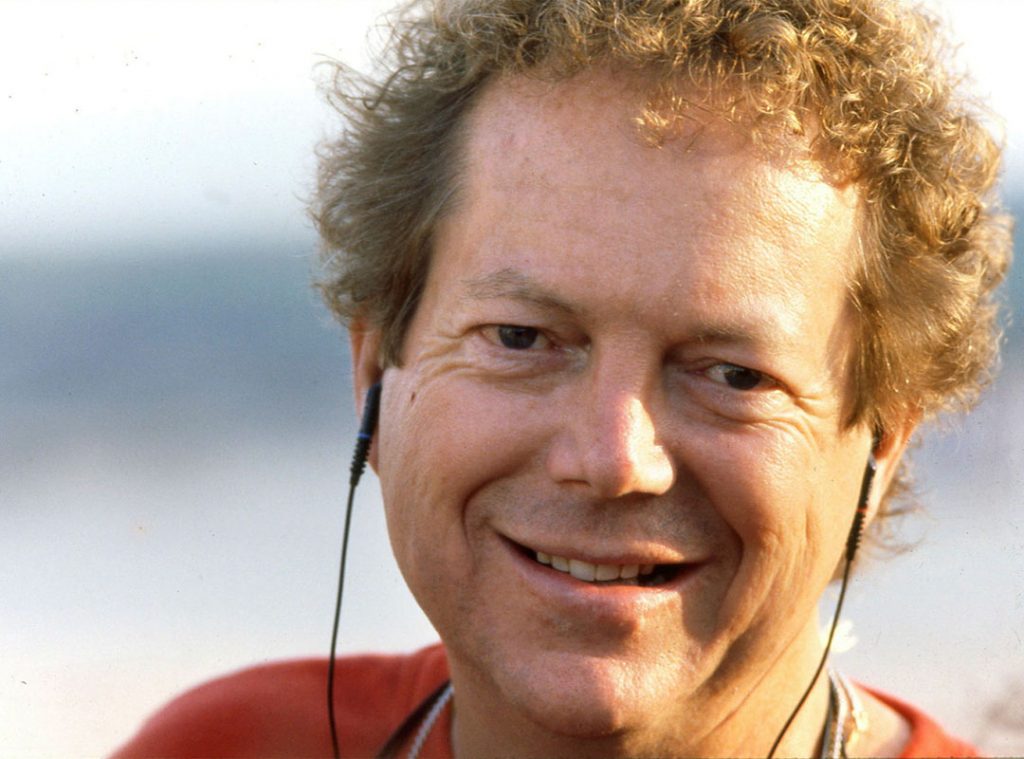
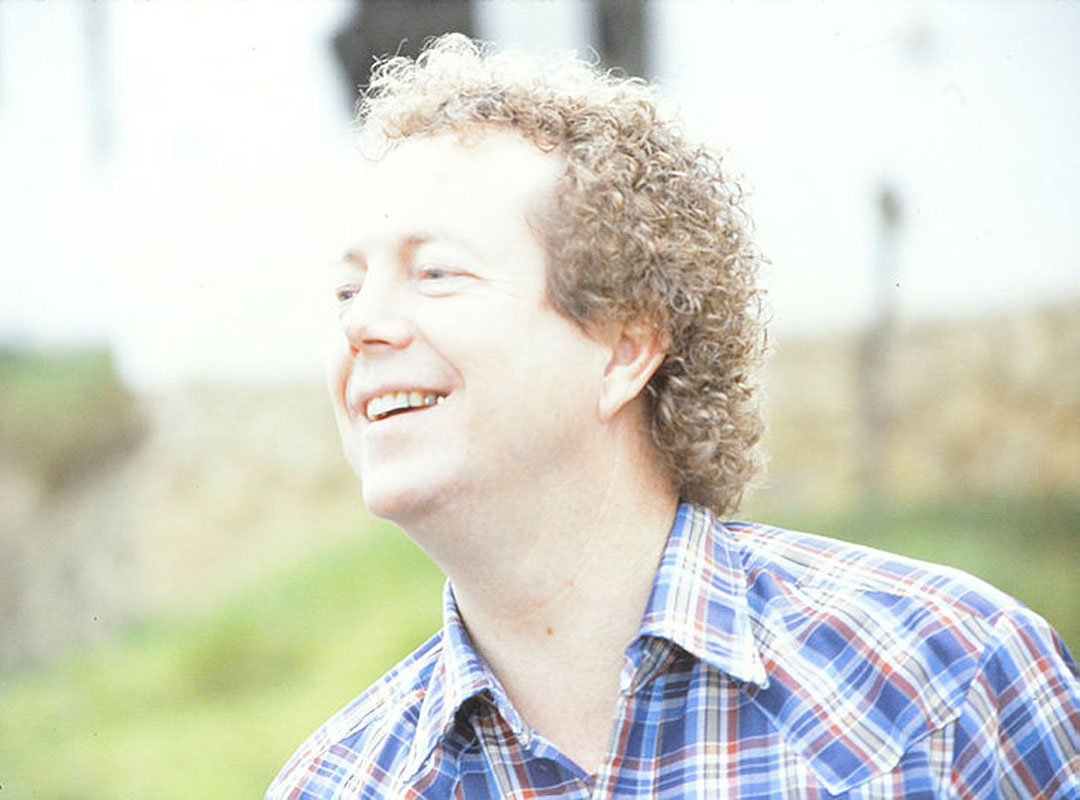

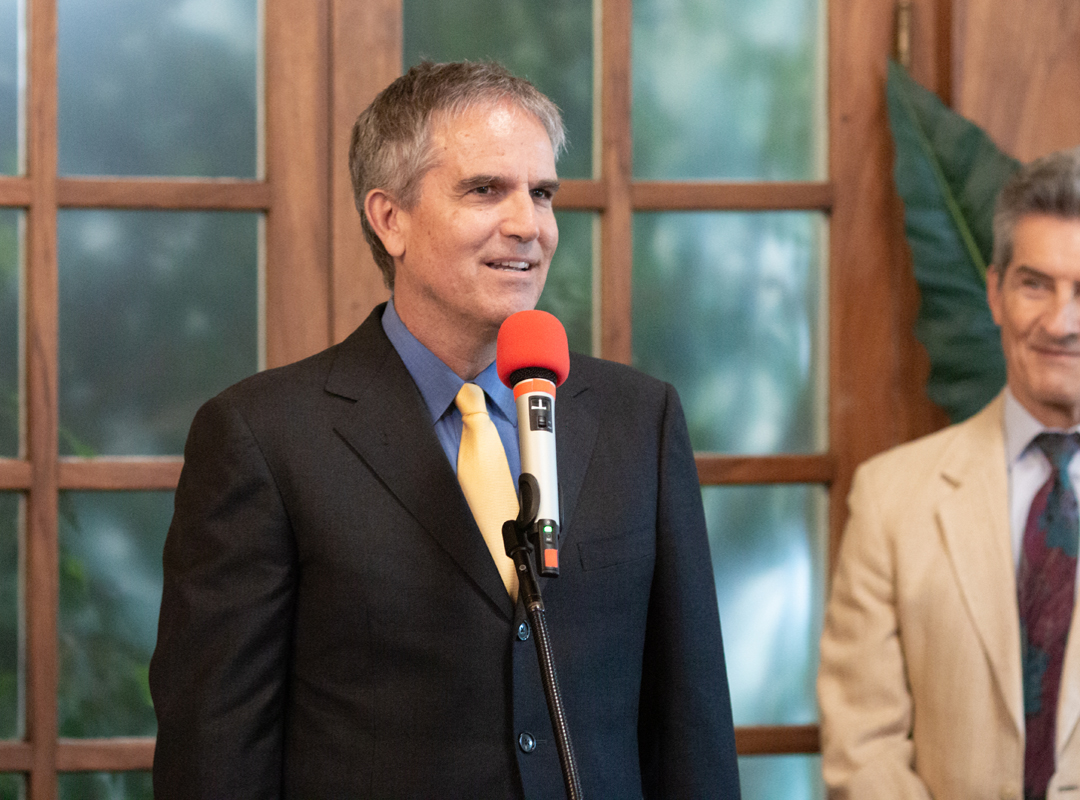

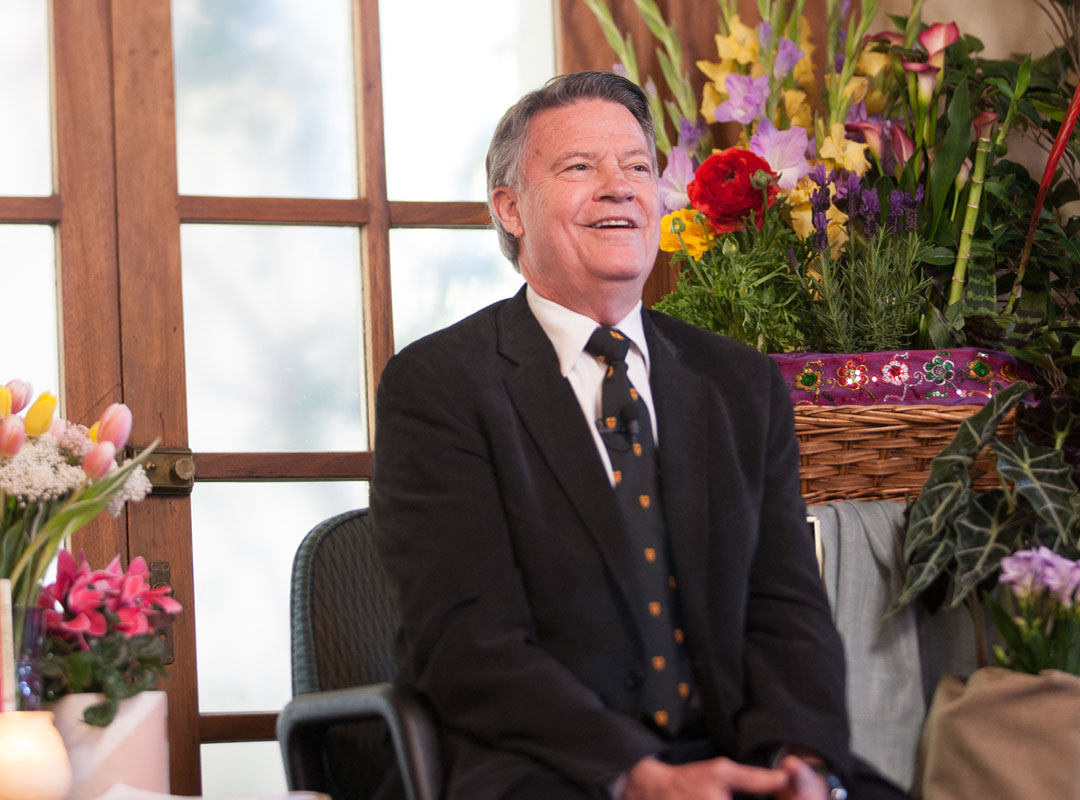


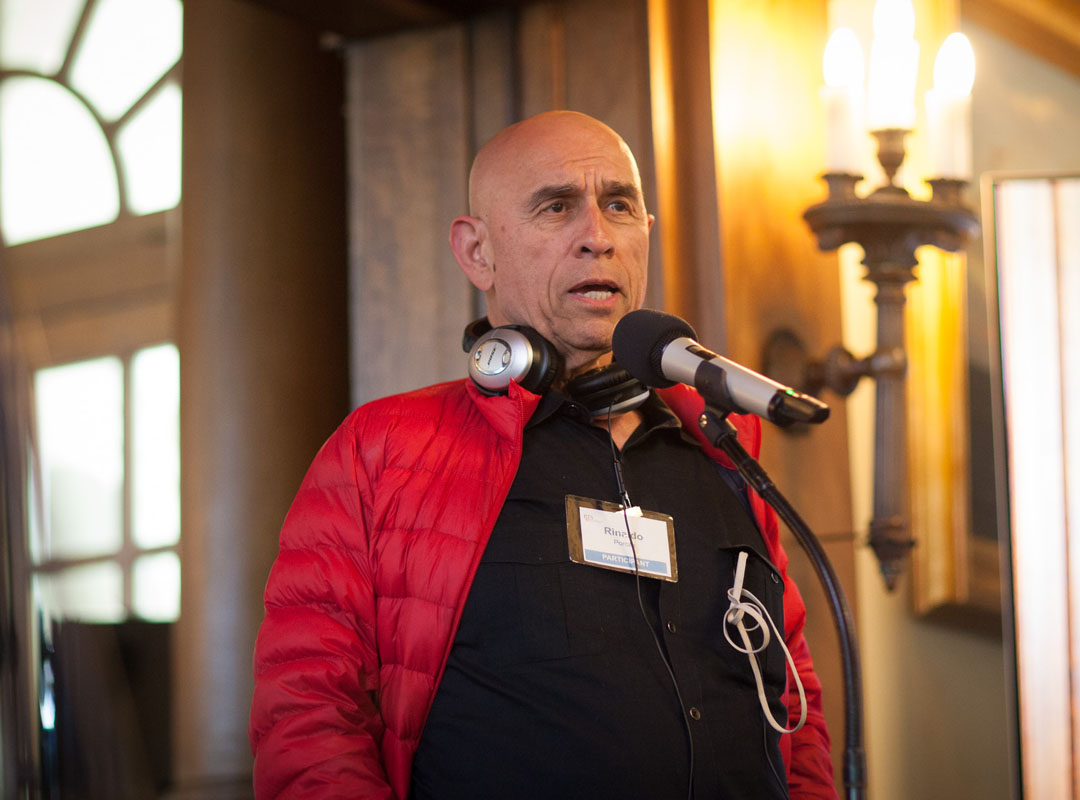

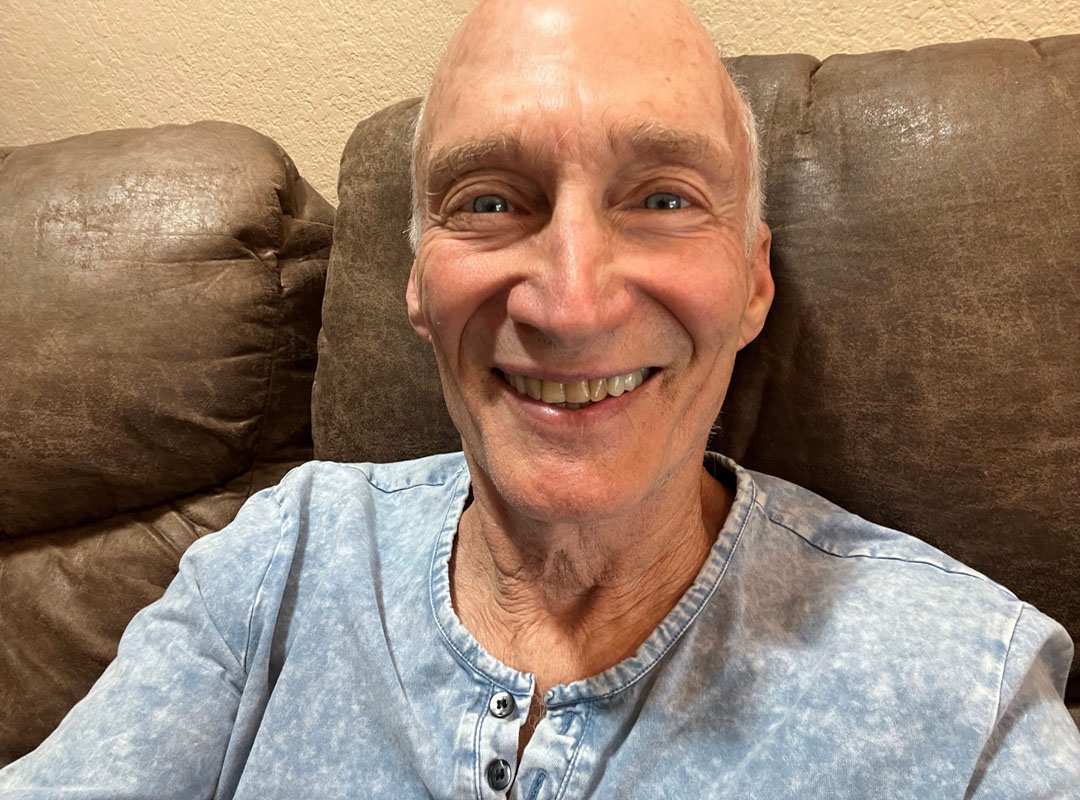
Beautiful! Thank you!
Perfect Beautiful Inspiring
The last 6 sentences says all that one needs to live an honest fullfilling, compassionate, empathetic loving life. Add being ever vigilant to the mantra of “To thy own self be true”. and one is on the fast lane lane home.
Do everything with love.
A powerful reminder. Thank you JR